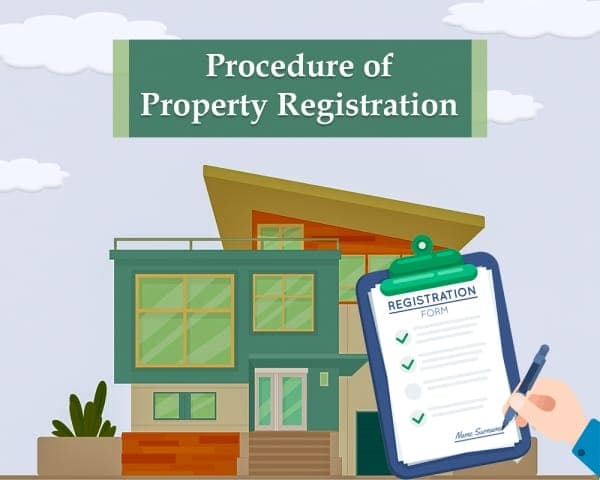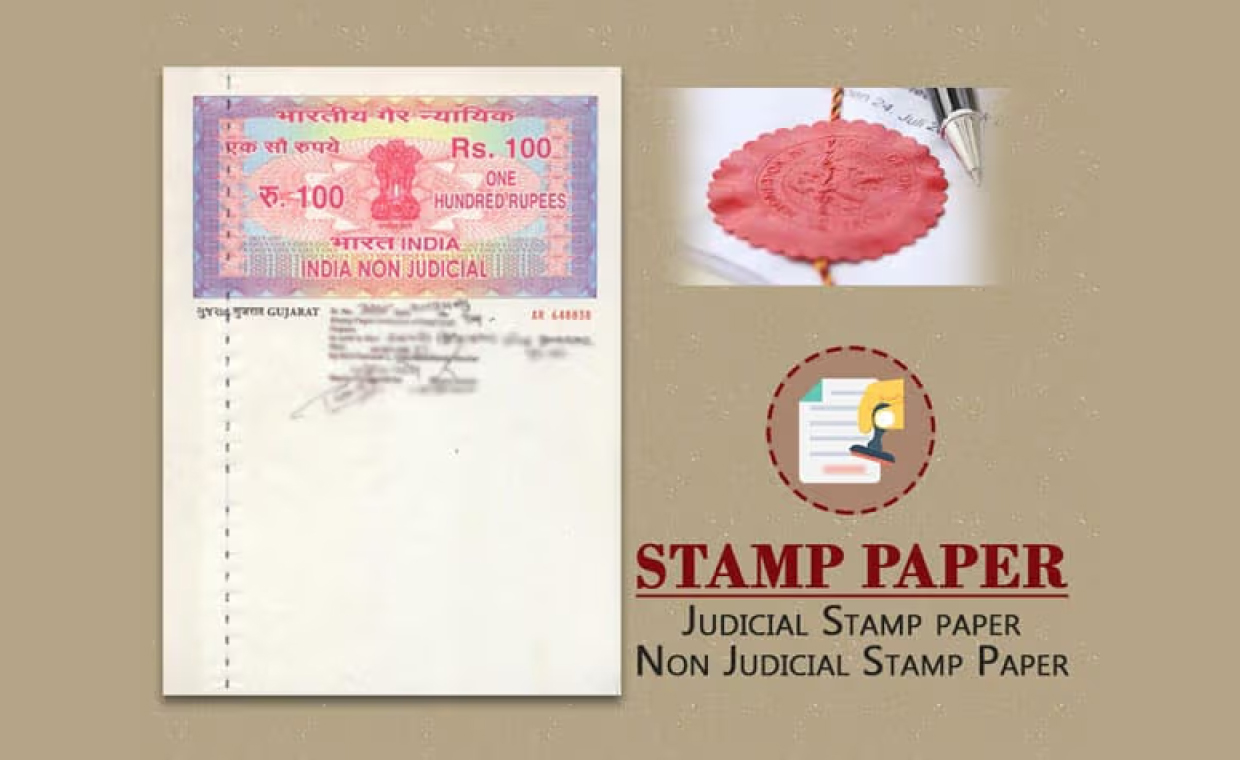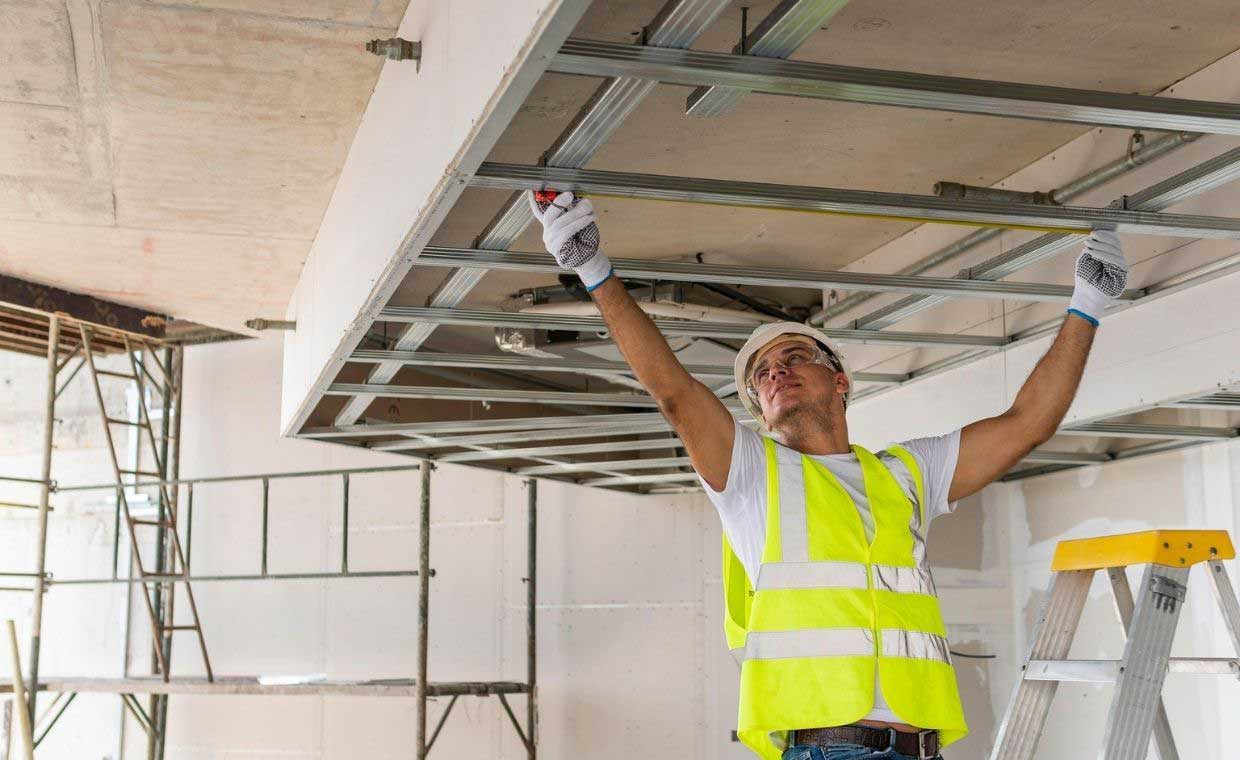
In India registration of immovable property is compulsory under section 17 of Indian Registration Act, 1908. The registration of property is done in district sub registrar office of the district where the property is located. The registration of property is to be done in the Registrar’s Office by the Sub-Registrar. All transfers of immovable property without registration are null & void in the eye of law.
Property Registration Procedure
Generally following procedure is followed while registrating of property.
01. Verify the property title :-
The buyer has to verify the property title before registration. The documentation of property varies depending on whether the property is being transferred from the developer or seller. The process of verifying the title gets easier in case of a secondary sale, because the first owner of the property most probably have all the documents for the registration of the property.
02. Find Sub Registrar Office :-
The sale deed may be presented with the help of advocate / lawyer in concerned sub registrar office where property is situated.
03. Stamp Duty and Sale Deed :-
The property sale deed is generally prepared by lawyer / authorized legal representative / notary on behalf of the property purchaser. The name of buyer & seller, description of the property along with its cost, mode of payment has to be mentioned in the Sale Deed.
The stamp duty shall be levied by the state government on the transaction value. The rule for levy of stamp duty & rates of stamp duty vary from State to State.
04. Purchase of Stamp papers / Affixing of Stamps:
The sale deeds / conveyance documents are generally typed or printed on stamp papers of adequate value, or alternatively typed on ledger paper and subsequently presented for affixing stamps after payment.
05. Appointment for registration:-
The registration fee should be paid in advance few days ago before going for registration. The receipt of the same is to be shown to the Sub-Registrar’s Office before the actual date of registration. After getting appointment, registration has to be done at the Sub-Registrar’s office or sometimes the sale deeds are directly presented to the Sub Registrar for registration.
06. Submission of Documents:-
The registration process shall be completed as per the registration act, after verification of Sale Deed. Once the registration is completed the stamped & registered document may be collected by signing in the register of dispatch in person or by giving authority letter to someone to collect it on behalf of buyer.
One copy of stamped & registered document shall be kept by the sub-registrar and original documents shall be returned to the buyer. Nowadays the documents are scanned & preserved in digital format. Biometric of both the seller & purchaser are also done and preserved in digital format.
07. Mutation of the title:-
After the process of registration is complete, the buyer/ purchaser has to apply to the local revenue as well as municipal authority to transfer the title of the property in his/her name. This is commonly known as mutation of the title of the property.
In India, nowadays the process of registration of properties is computerized. Under the computerized Land and Property Registration system, registration become easy. It gives transparency in procedure and eliminates role of middle men. The application form can be downloaded online or obtained from the concerned authority’s office. After due verification of details of the Deed, the registration process is completed.
Whenever a property buyer buys a land or any immovable constructed property, he/she needs to register the same with the concerned authority. Registration of the property is considered as full and final agreement signed between the two parties and once it is submitted at the local registrar’s office and the registration is completed, then & then the buyer legally becomes the owner of the property.
Also Read:
What is Stamp Paper, Judicial & Non Judicial Stamp Paper?
What is meant by EMD?































